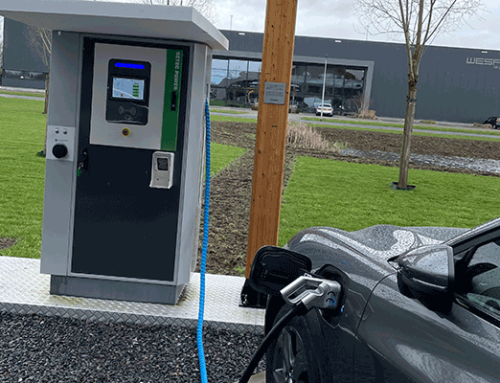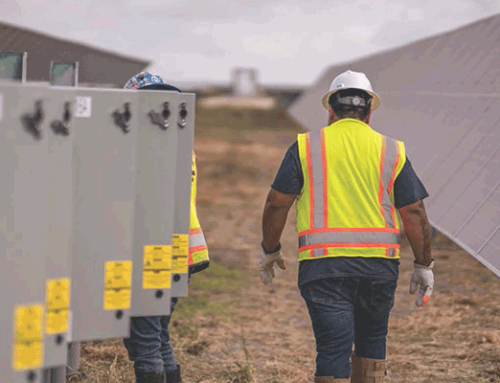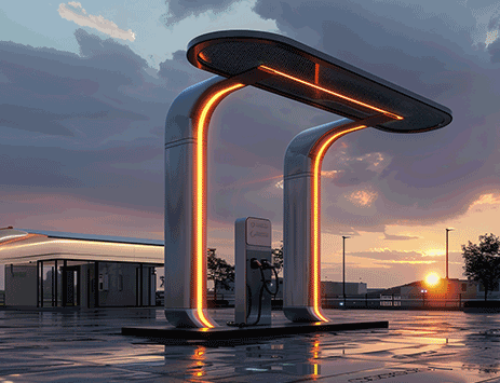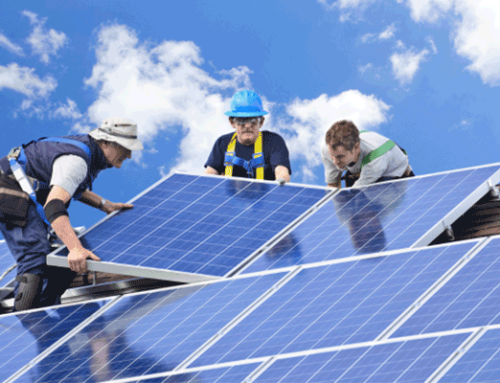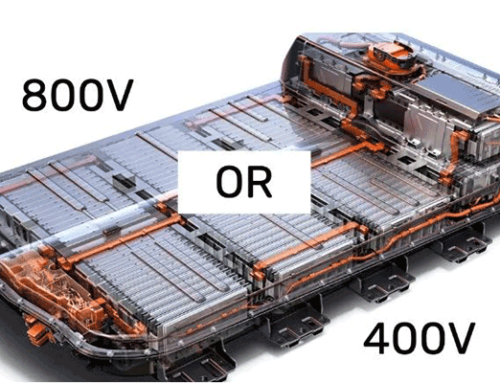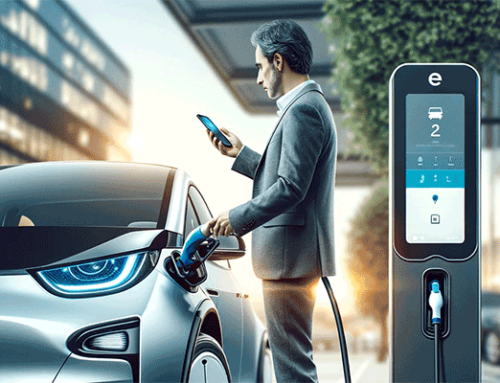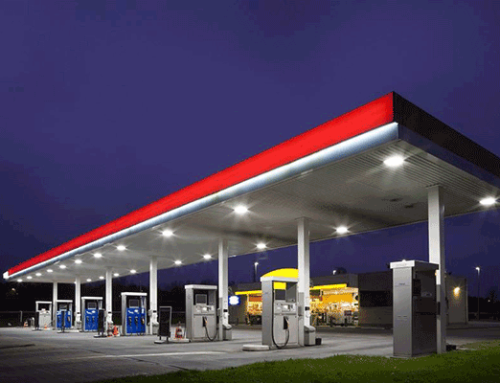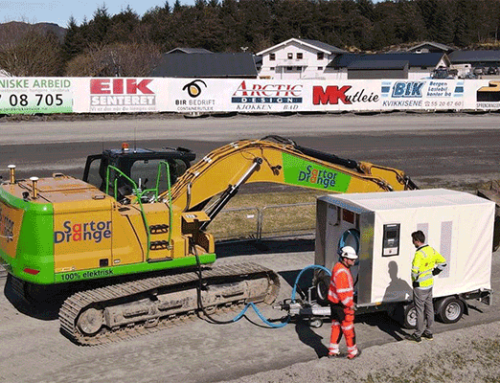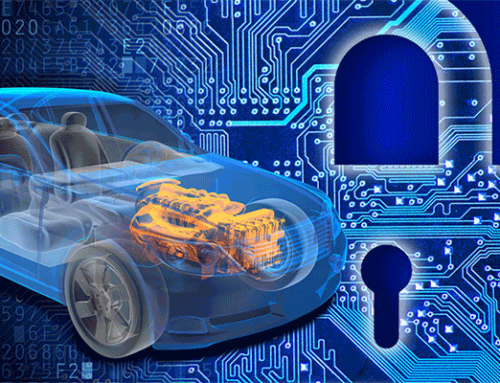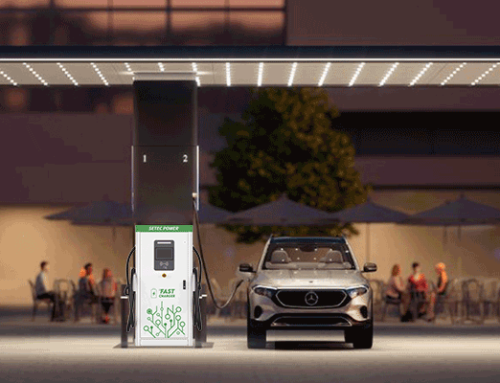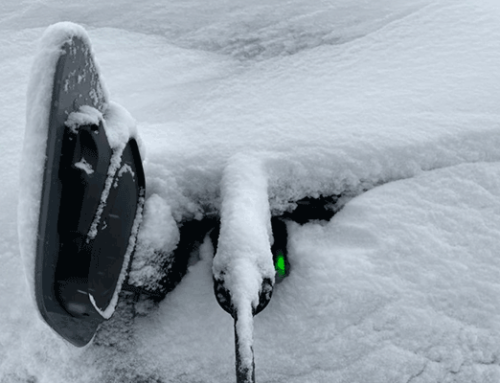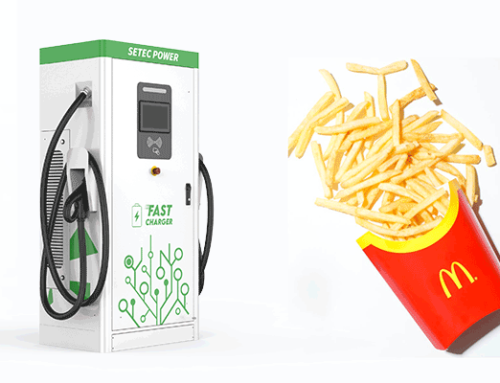Have you ever found yourself plugging in your electric vehicle only to come back later and discover it’s only half-charged? It’s not only frustrating but also raises concerns about potential damage to the battery or charger. While these are valid concerns, there are several other factors that could be causing your EV’s charging speed to decrease. Here are six reasons why your EV might not be charging as quickly as it used to, along with some solutions.
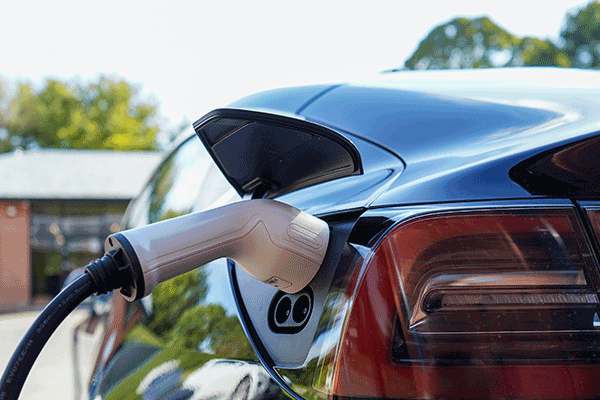
1. Battery Degradation
Just like the battery in your smartphone or laptop, your EV’s battery can degrade over time. This degradation can affect its ability to handle high charge rates, resulting in slower charging times. While this isn’t a problem if you’re charging your vehicle overnight, it can be inconvenient when you need a quick roadside top-up.
Solution: Battery degradation is a normal part of an EV’s lifespan. To maximize your EV battery’s lifespan, follow the recommended charging procedures and avoid deep discharges, where the battery is almost completely drained.
2. State of Charge
The state of charge (SOC) of your battery can also affect how quickly it charges. When your battery is empty, it will charge the fastest. As it gets fuller, the charging rate slows down.
Solution: Lithium-ion batteries, which are commonly used in EVs, perform best when they’re not fully charged or fully discharged. Aim to keep your battery in the mid-range for optimal performance and longevity.
3. Charging Infrastructure Issues
Not all charging stations are created equal. If your EV charges quickly at home but not at work, it could be because the station at your workplace isn’t as efficient.
Solution: Unfortunately, there’s not much you can do to improve the efficiency of a charging station. If you’re using a less-efficient charger, plan ahead and allow yourself some extra time to charge.
4. High Temperatures
Extreme heat can significantly impact battery performance and limit its ability to accept a high charge rate.
Solution: While you can’t control the weather, you can control where you park your car. Parking in a shady spot can help keep your battery cool. In extremely hot weather, consider pre-cooling the battery before charging.
5. Software Limitations and Upgrades
EV manufacturers regularly update their software to optimize vehicle performance. Sometimes, these updates can change the charging algorithms, affecting the charging speed.
Solution: Stay informed about your EV’s software updates. While you can’t choose the software your vehicle uses, understanding the updates can help you optimize your vehicle’s charging performance.
6. Faulty Charging Equipment
Sometimes, the charging equipment itself could be the problem. Damaged cables and connectors can cause slow charging.
Solution: If you notice a damaged charging station, safely unplug your car and inform the appropriate authorities. If a station is broken, the best solution is to find another one.
Understanding these factors can help you diagnose and solve any charging issues you may experience. In many cases, you might just have to wait a little longer for your EV to charge, but we believe it’s worth the wait.
If you’re an operator of a charging station and are facing complaints about long charging times, upgrading to a Level 3 EV charger could be an excellent solution. SETEC POWER offers UL-certified equipment that not only provides faster charging speeds but also ensures safety and reliability. If you’re interested in enhancing your charging station’s performance and customer satisfaction, don’t hesitate to contact our experts at SETEC POWER. We’re here to help you make the most of your EV charging operations.

